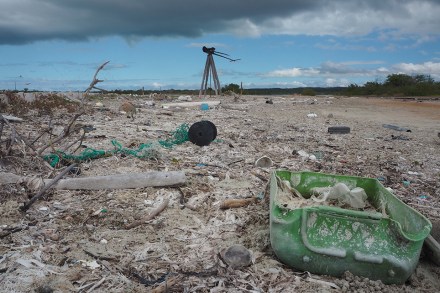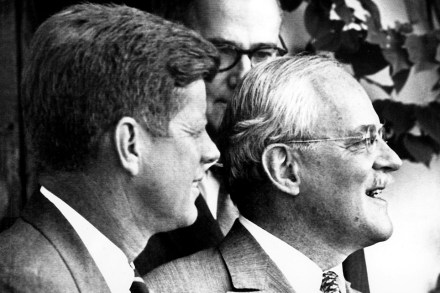Why would anyone choose to live in Puerto Rico?
From the eastern Atlantic, the US looks boringly uniform. Yet Alaska is almost as different from Alabama as Turku is from Turkey. If you travel the length of the Mississippi, food, laws, customs and lingo change as surprisingly as along the Danube. Particularism is rife. In two counties in Vermont, there are warrants for the




















